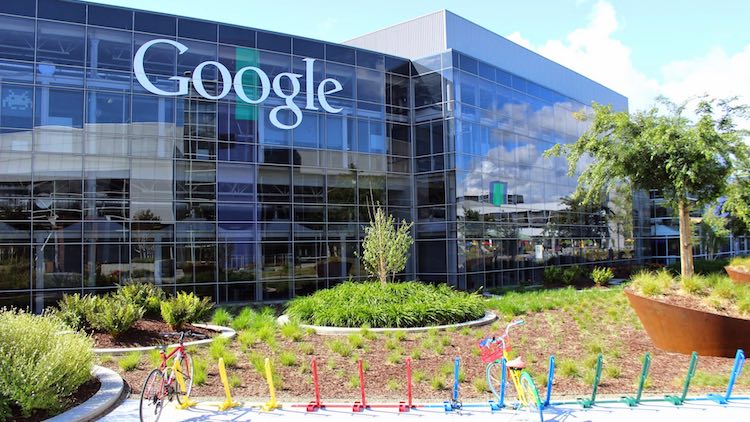Newspaper Publishers Seek Hill Help Against Facebook, Google

The smarter way to stay on top of broadcasting and cable industry. Sign up below
You are now subscribed
Your newsletter sign-up was successful
A group representing newspaper publishers, including the Washington Post and New York Times, has called on Congress to allow them to negotiate as a group with the dominant online news content platforms, Facebook and Google.
They argue that legislation is necessary for the long-term survival of journalism in the face of a "digital duopoly" they claim is sucking up most of the online ad revenue and whose distribution platforms have given rise to fake news.
They want to be able to get together to talk to those dominant edge providers about new business models to secure the long-term viability of news in America.
"To ensure that such journalism has a future, the news organizations that fund it must be able to collectively negotiate with the digital platforms that effectively control distribution and audience access in the digital age," said David Chavern, president of the News Media Alliance, of what the alliance calls the "digital duopoly" of Google and Facebook.
Those two platforms claim the lion's share of digital ad revenue, the alliance points out. It says its 2,000 or so members need to be able to combine their negotiating power against "a de facto duopoly that is vacuuming up all but an ever-decreasing segment of advertising revenue."
"Consumer demand for immediate, reliable information is growing, but the current online distribution systems are distorting the flow of economic value derived from good reporting," they added. "Google and Facebook dominate online news traffic and consume the bulk of digital ad revenue. Because of this digital duopoly, publishers are forced to surrender their content and play by their rules on how news and information is displayed, prioritized and monetized. These rules have commoditized the news and given rise to fake news, which often cannot be differentiated from real news."
The smarter way to stay on top of broadcasting and cable industry. Sign up below
Contributing editor John Eggerton has been an editor and/or writer on media regulation, legislation and policy for over four decades, including covering the FCC, FTC, Congress, the major media trade associations, and the federal courts. In addition to Multichannel News and Broadcasting + Cable, his work has appeared in Radio World, TV Technology, TV Fax, This Week in Consumer Electronics, Variety and the Encyclopedia Britannica.

